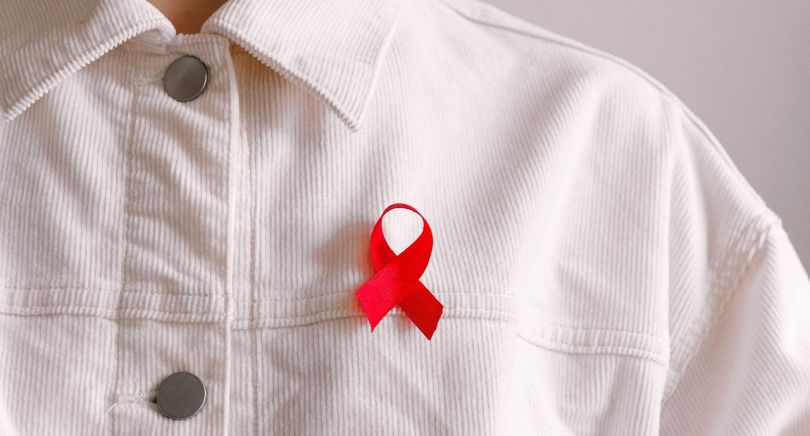A Guide to HIV/AIDS Symptoms, Causes, And Prevention

The human immunodeficiency virus (HIV) causes acquired immunodeficiency syndrome (AIDS), a chronic and potentially life-threatening condition (HIV). HIV impairs your body's ability to fight infection and disease by weakening your immune system.
Sexual transmission of HIV is the primary mode of transmission (STI). Contact with infected blood and illicit drug use or sharing needles can also spread the disease.
Pregnancy, childbirth, and breastfeeding can also spread the disease. Without treatment, HIV can weaken your immune system for years before it reaches the point where you are diagnosed with AIDS.
There is no cure for HIV/AIDS, but medications can keep the infection under control and slow its progression. Preventative measures and treatment for HIV are being made more widely available in resource-poor countries, and international organizations are working to make these measures more widely available.
SYMPTOMS
It is important to note that the signs and symptoms of HIV infection and AIDS can change over time.
Acute HIV
Some people infected with HIV experience flu-like symptoms within two to four weeks of infection. Primary (acute) HIV infection is a short-term illness that can last up to a few weeks.
The following are examples of possible symptoms:
- Sore throat and painful mouth sores
- Swollen lymph glands, mainly on the neck
- Diarrhea
- Fever
- Weight loss
- Cough
- Night sweats
- Headache
- Muscle aches and joint pain
- Rash
It's possible that you won't notice these symptoms at all. However, your viral load (the amount of virus in your bloodstream) is currently high. Therefore, during the initial stage of infection, the infection is more easily spread.
Clinically latent infection (Chronic HIV)
Infected individuals still have HIV on their bodies and in their white blood cells at this stage in their illness. While some people may experience symptoms or infections during this time, many others will not.
If you don't get antiretroviral therapy, you could be in this stage for many years (ART). Some people are diagnosed with a more severe form of the disease much earlier than others.
Symptomatic HIV
Minor infections or long-term signs and symptoms like the following may develop as the virus continues to multiply and destroy your body's immune cells:
- Weight loss
- Oral yeast infection (thrush)
- Shingles (herpes zoster)
- Pneumonia
- Fever
- Fatigue
- Swollen lymph nodes
- Diarrhea
The growth of AIDS
Even in countries with limited resources, improved antiviral treatments have significantly reduced the number of AIDS-related deaths. AIDS no longer develops in the vast majority of people living with HIV in the United States today, thanks to life-saving medications. Without treatment, HIV usually develops into AIDS within 8 to 10 years.
Your immune system has been compromised to a great extent when you develop AIDS. You'll be more susceptible to diseases that would otherwise go unnoticed in a healthy person. Such conditions are referred to as "opportunistic infections" or "opportunistic cancers".
There are a number of possible signs and symptoms of these infections:
- Chronic diarrhea
- Swollen lymph glands
- Persistent white spots or unusual lesions on your tongue or in your mouth
- Recurring fever
- Persistent, unexplained fatigue
- Skin rashes or bumps
- Sweats
- Chills
- Weight loss
- Weakness
When should you see a doctor?
If you suspect that you have HIV or are at risk of contracting the virus, contact a health care provider immediately.













